Saudi Arabia Faces Problems Selling Extra Oil After Deal With US - Reports
Sun 22 Jul 2018, 16:18:16
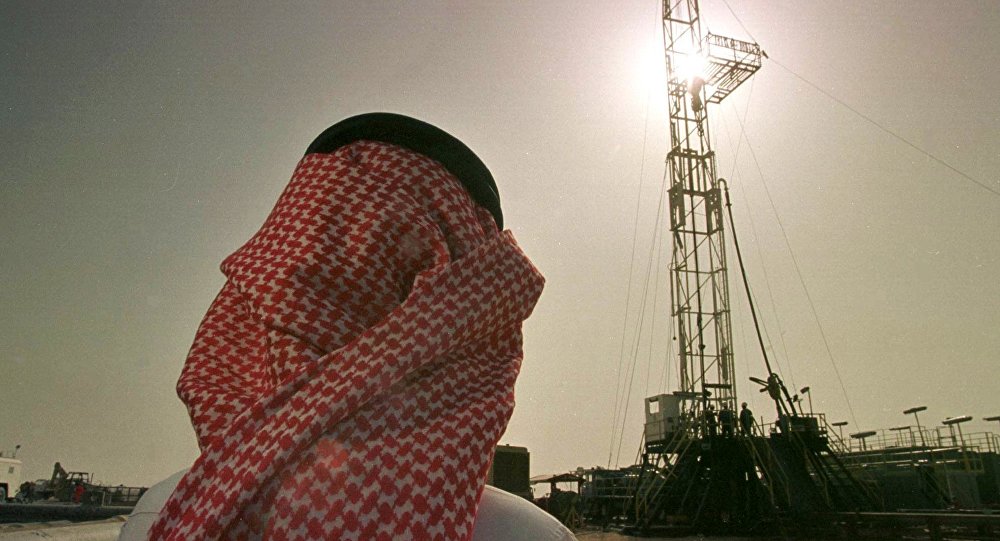
President Donald Trump has persuaded Saudi Arabia's king to increase oil production to make up for a shortfall from Iran, Venezuela and Libya.
Quick to ramp up oil output under pressure from the US, Saudi Arabia has discovered that global markets might not need it, at least for now, The Independent wrote, citing financial experts.
In May, Riyadh’s crude oil production spiked to a three-year high in response to Washington’s demand that the oil-rich kingdom help keep gasoline prices in check and fill the supply gap when US sanctions on Iran enter into effect in November.
However, the Saudis are now hard put selling their extra oil, privately admitting that they may have been too quick in jacking up oil output.
Late last month, Saudi Arabia, along with several other OPEC countries and Russia, agreed to boost its aggregate daily output by about one million barrels amid production disruptions in Venezuela and Libya and the expected drop in Iranian oil exports.
Oil prices have since backed off to about $73 a barrel after hitting a three-year high of $80 in May as Libya restored some of its halted output and the escalating US-China trade war stoked fears about the strength of demand.
“[The Saudis] are pushing out a heck of a lot of crude right now, and they’re worried about the downward pressure on prices,” Mike Wittner, head of oil market research at Societe Generale SA in New York, said.
“They are trying to thread a needle right now, and
the width of that needle is $70 to $80,” he added.
the width of that needle is $70 to $80,” he added.
However, the highly uncertain impact of US sanctions on Iran’s oil exports are believed to play a big part in determining the final oil output figure and price.
According to the International Energy Agency, Iranian oil shipments to Europe slumped by about 50 percent in June. However, oil industry experts believe that a more significant supply gap won’t come until sanctions enter full force in November.
Before that happens, Saudi Arabia is likely to have problems finding buyers for the extra crude it has pumped responding to Washington’s request.
The problem is being compounded by falling demand for crude in Asia.
Bloomberg’s tanker tracking figures show that since July 1, Saudi oil exports have slumped by about 500,000 barrels a day to 6.7 million compared with the same period in June.
In a statement released on Thursday, the Saudi Energy Ministry said that crude exports for the whole of July will be in line with last month’s figures and are expected to decline by 100,000 barrels a day in August.
Iran Oil Minister Bijan Namdar Zanganeh said any production increase above limits agreed to by OPEC would “breach” the deal, according to a letter he sent to OPEC President Suhail Al Mazrouei and distributed by the Iran Oil Ministry’s news service Shana.
OPEC should reject the US call for a production increase, which is “politically motivated against Iran,” Zanganeh said.
No Comments For This Post, Be first to write a Comment.
Most viewed from International
Most viewed from World
AIMIM News
Latest Urdu News
Most Viewed
May 26, 2020
Do you think Canada-India relations will improve under New PM Mark Carney?
Latest Videos View All
Like Us
Home
About Us
Advertise With Us
All Polls
Epaper Archives
Privacy Policy
Contact Us
Download Etemaad App
© 2025 Etemaad Daily News, All Rights Reserved.

.jpg)
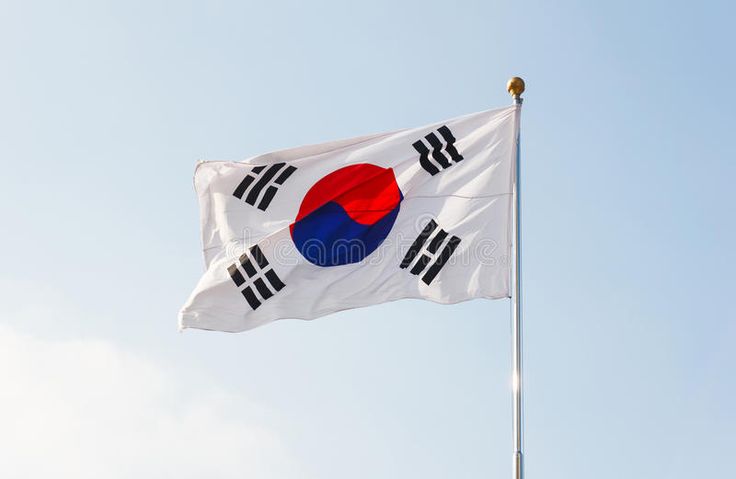
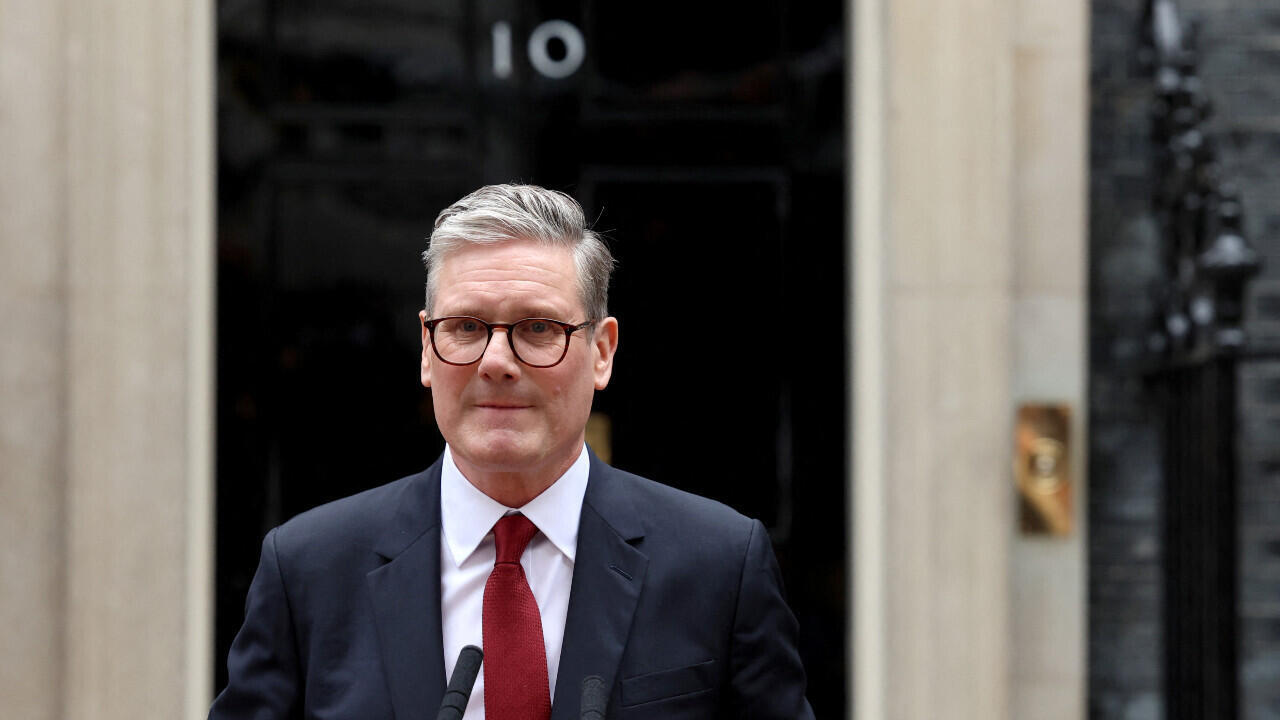
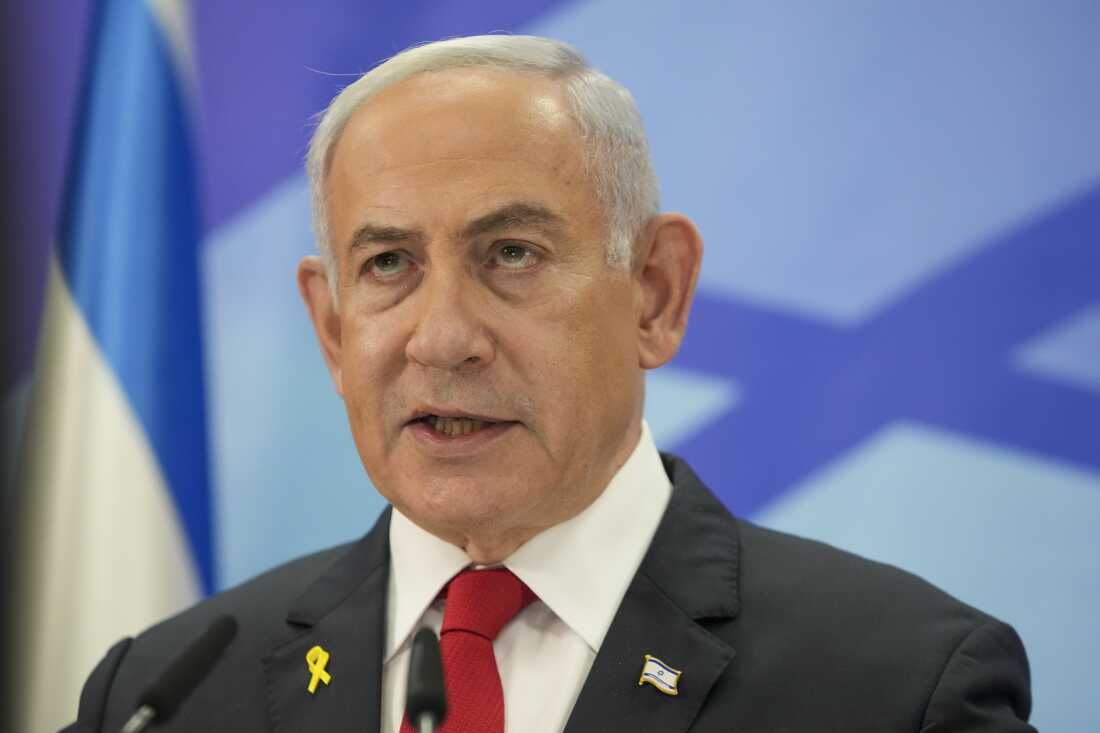
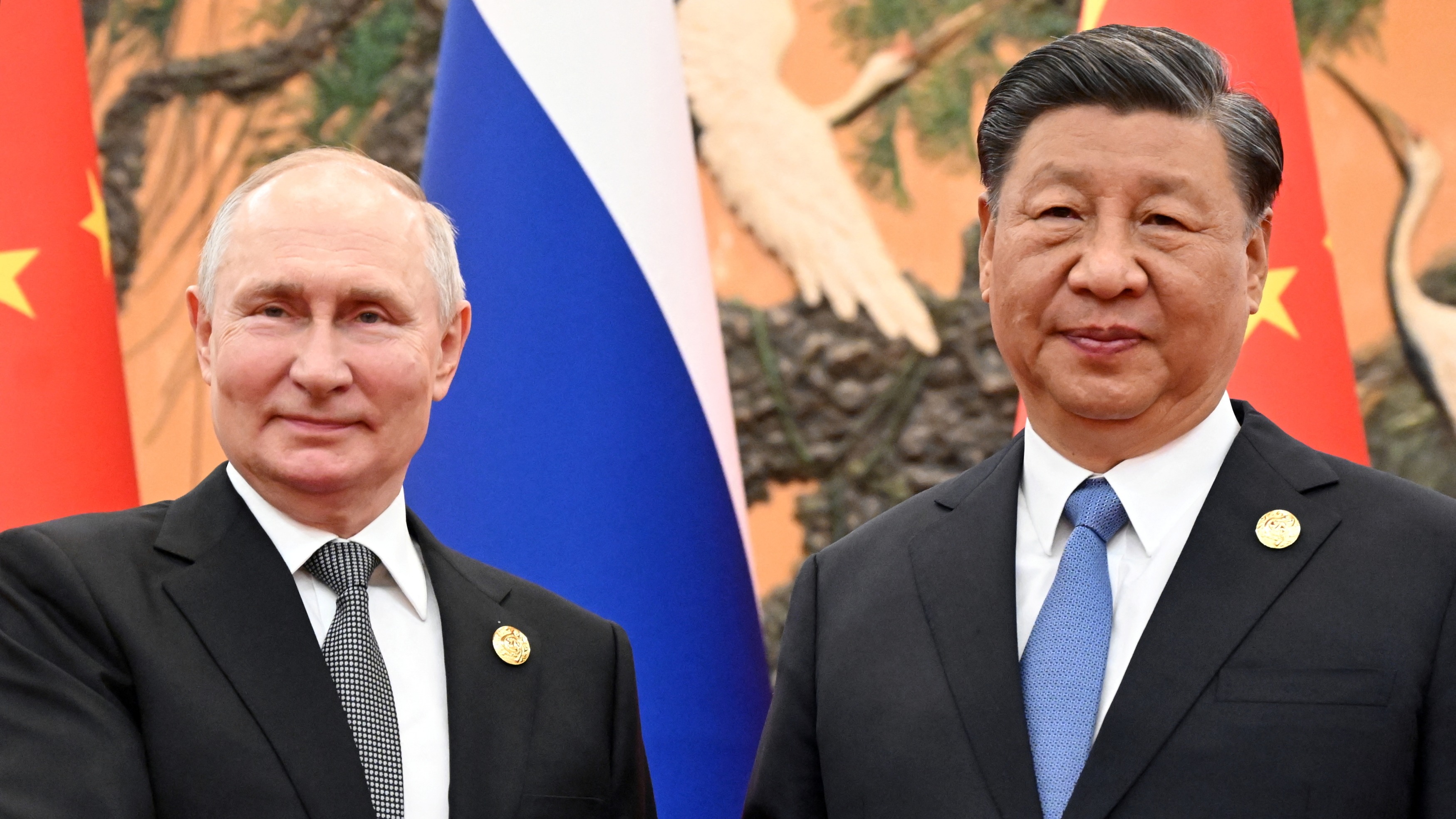
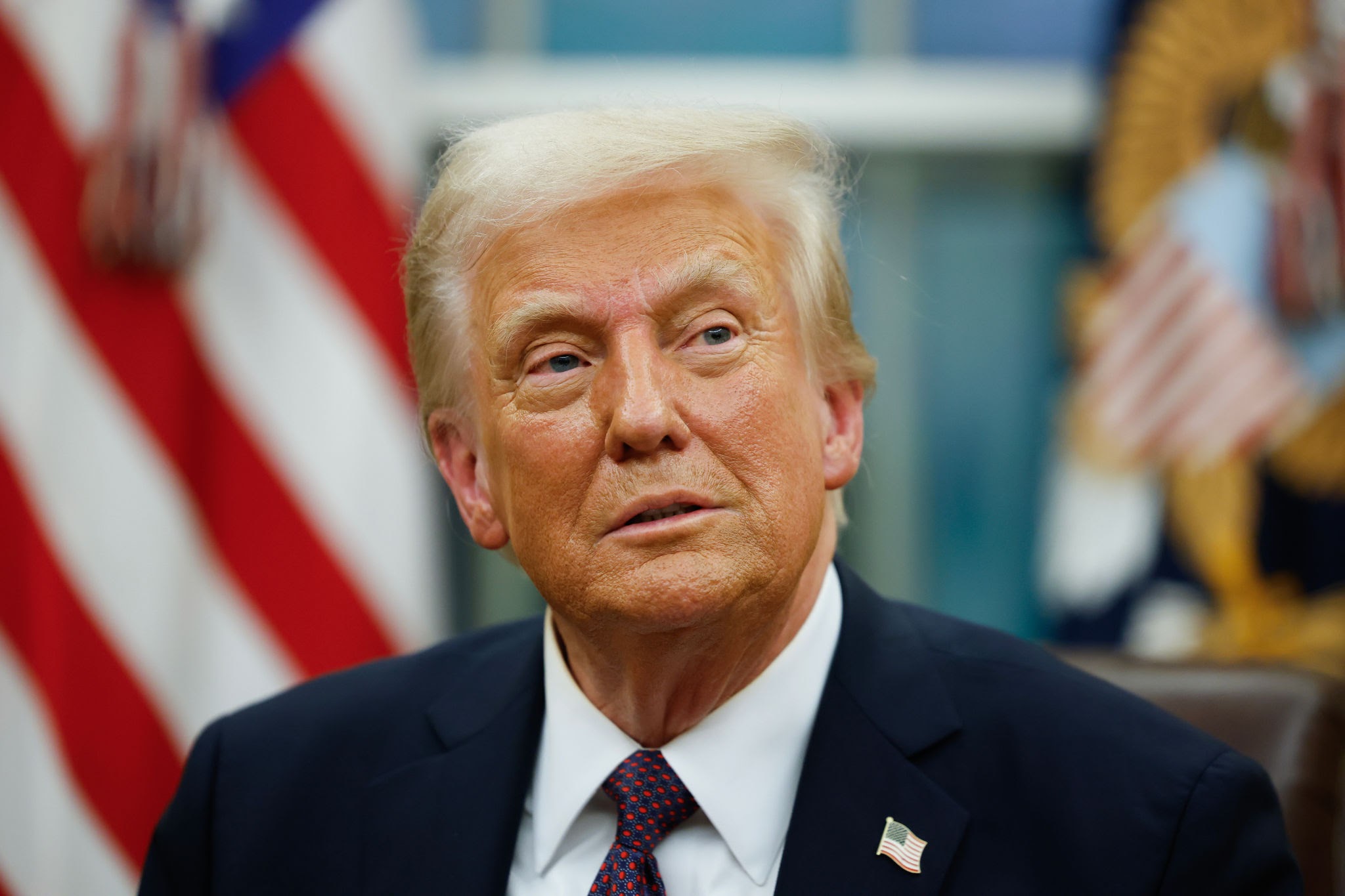
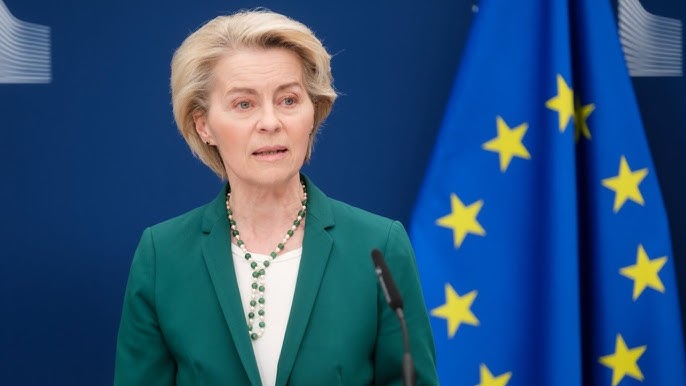
.jpg)


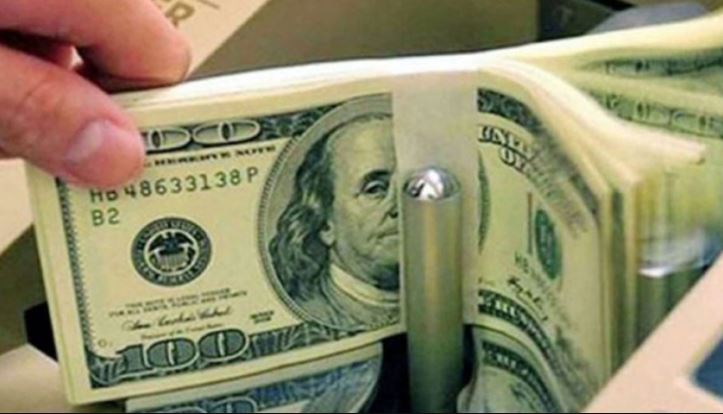
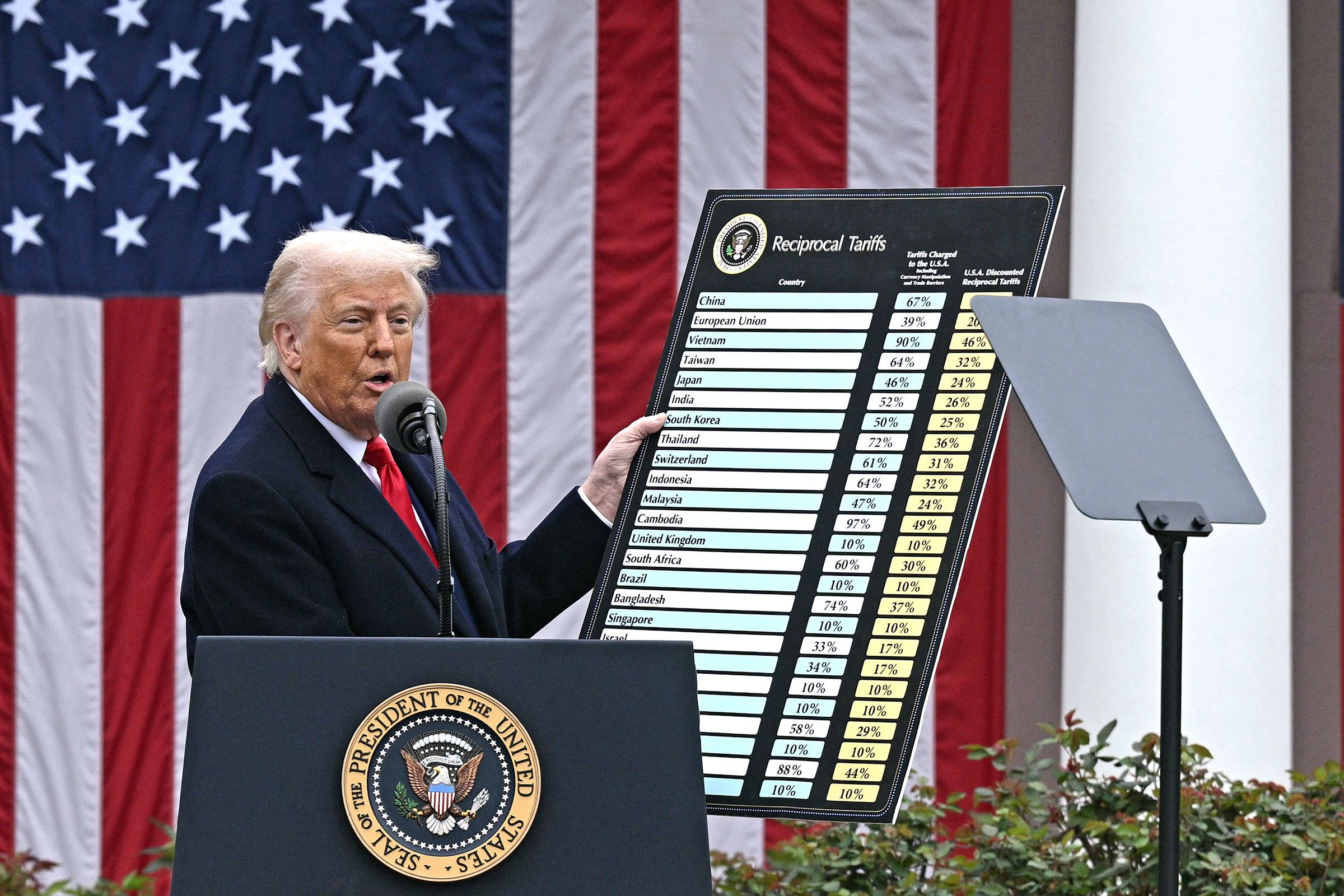
.jpg)
.jpg)
.jpg)
.jpg)
.jpg)
.jpg)
.jpg)
.jpg)





















